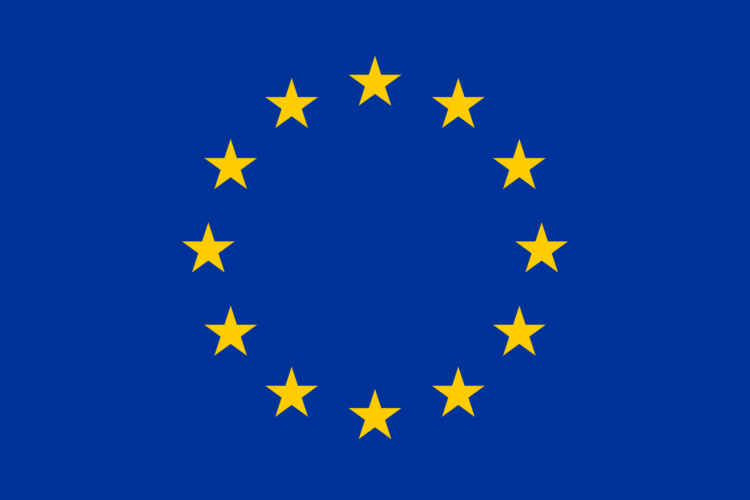By Ben Kerrigan-
Britain and the EU have agreed terms for a 21-month transition after Brexit, avoiding a cliff-edge exit will be avoided next year.
The conditional agreement reached by Michel Barnier, the EU’s chief negotiator, and David Davis, the UK’s Brexit secretary represents one of the the most valuable economic guarantees secured by the UK since Brexit talks began. Markets welcomed the news, with sterling climbing above $1.40 against the dollar to reach its highest level in three weeks.
“We were able to agree this morning…on a large part of what will make up an international agreement for the ordered withdrawal of the UK,” said Mr Barnier, as he described the deal as ”a decisive step”
Under the time limited period, the UK will be subject to all existing EU rules and will have no power in the decision-making process.
The two sides agreed comprehensive agreements on a financial settlement, and the rights of around 4m citizens affected by Brexit. While progress was made in other parts of the divorce treaty, disagreement remains over judicial cooperation, data protection and intellectual property.
Mr Barnier said he was confident the EU could agree on an “ambitious” framework for future UK-EU foreign and security policy during the transition period.
“The intention is to move as fast as possible as soon as on all aspects of the future relationship”, said Mr Barnier.
On Ireland, the UK has agreed to include a “legal” backstop that would keep Northern Ireland in key parts of the single market and the EU’s customs union.
“The backstop will apply unless, or until, another solution is found,” said Mr Barnier. Talks over the border will continue over the next weeks. Mr Davis said the legal language on the Irish backstop had to be “acceptable to both sides”. He said it was still the aim of the UK to achieve a future trade deal that was so deep and close that it would “not to require specific measures for Northern Ireland”.
The two sides have also reached “complete agreement” on citizens’ rights after Brexit and the UK’s financial settlement, Mr Barnier added.
“Citizens who arrive in the UK during the transition period will have the same rights as those arriving before the Brexit period”, said Mr Barnier.
FINAL AGREEMENT
However, the transition relies on a final agreement on the complete withdrawal agreement later this year. “It’s a good landing spot,” said one EU diplomat briefed on the terms.
Simon Coveney, Ireland’s foreign minister, met Mr Barnier earlier this morning and said negotiations were “moving forward”.
“Progress on Irish issues remains a key priority for both negotiating teams and solidarity with our EU partners remains strong”, Mr Coveney tweeted this morning.
The agreement outlines how Britain would continue apply EU law after Brexit on March 29, 2019, losing its formal say on the application and development of rules
It includes the provision of the free movement of goods, services, capital, and people between the UK and EU until December 31, 2020. The end-date is earlier than the UK requested and the EU has included no explicit clause to accommodate a limited extension.
The leaders of the 27 remaining member states will acknowledge the progress made in transition talks at their summit on Friday, as they adopt new guidelines for Mr Barnier to negotiate a framework for future relations.
Mr Davis said the transition period would allow businesses to “continue to operate and invest with confidence as the design of our future relationship with the EU becomes clear”.
New trade deals were an example of the UK “seizing one of Brexit’s greatest opportunities”, Mr Davis said.









